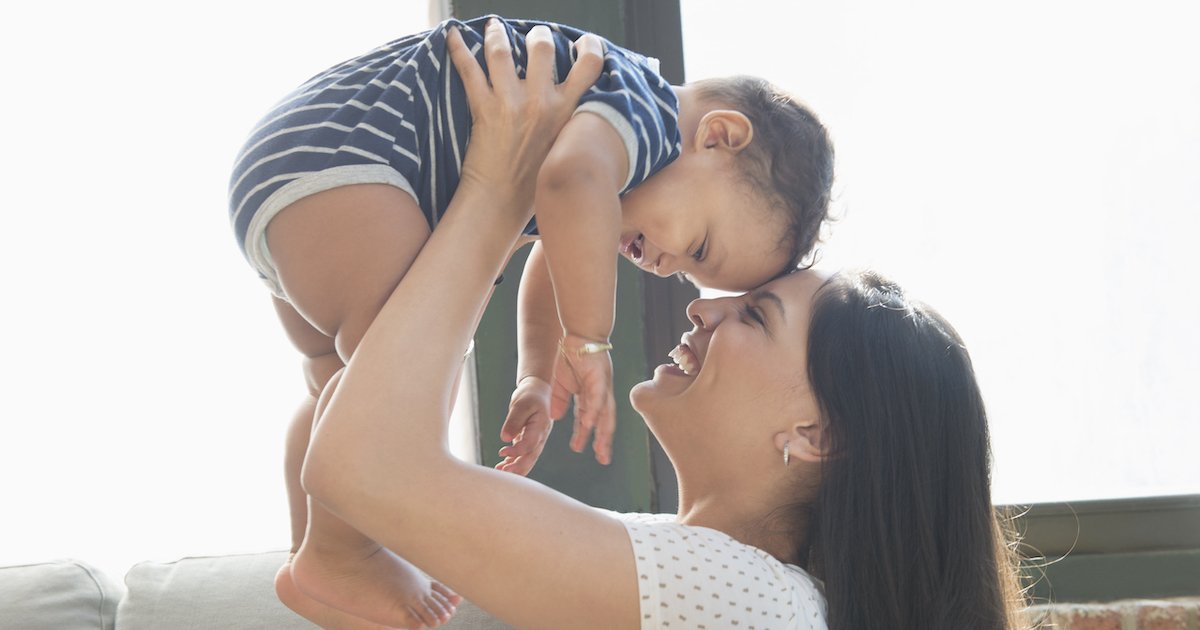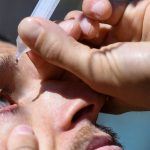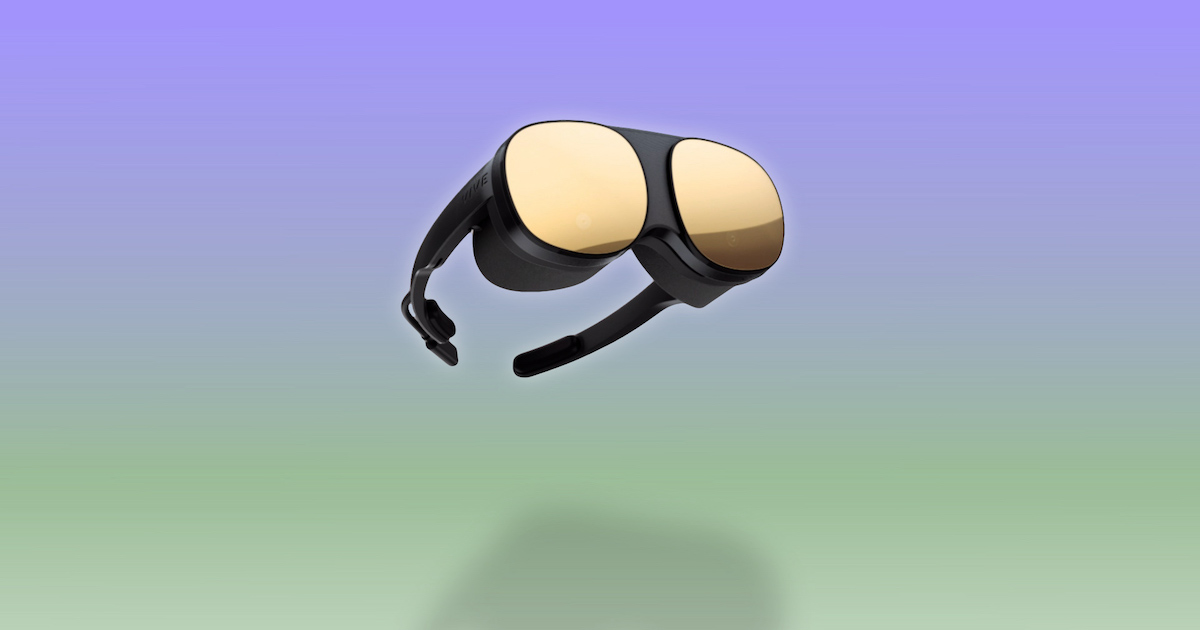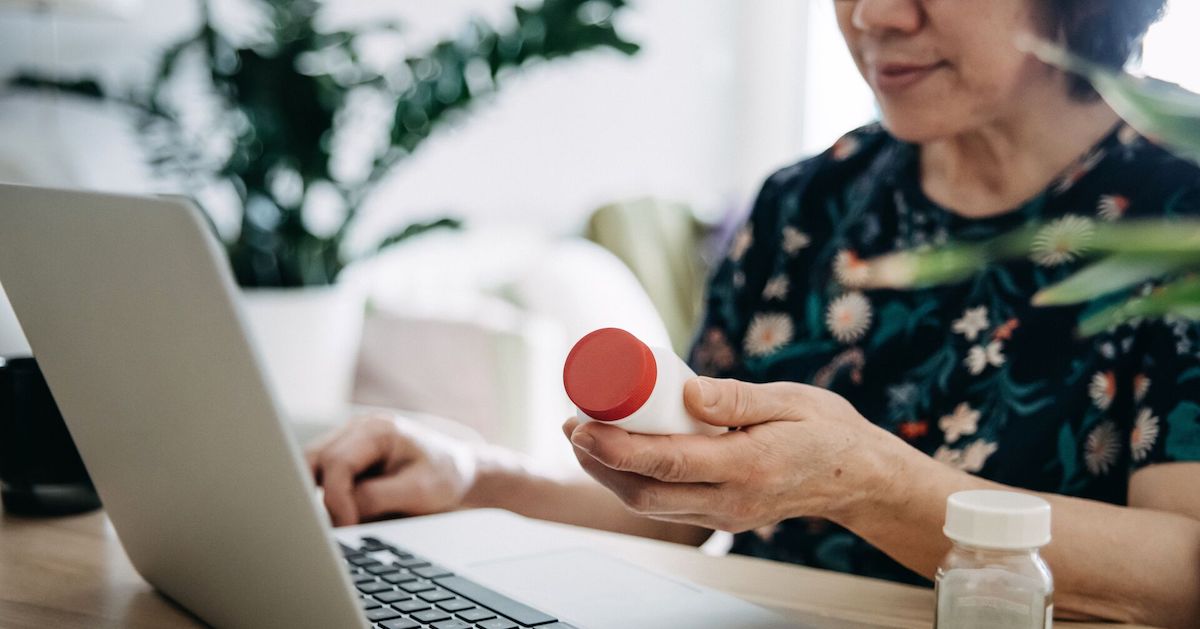Baby tech company Owlet cut expenses in the second half of the year as it made new submissions to the FDA, pitching the moves as steps toward profitability.
The company reported $69.2 million in revenue in 2022 compared to $75.8 million in 2021. Operating expenses were $107.9 million last year, compared to $90.9 million in 2021.
But Owlet said the increase was largely due to the launch of its Dream Sock sleep monitoring wearables early in the year. In the second half of 2022, the company cut marketing spend, laid off employees and reduced other expenses that it said will position it for profitability in 2023.
Owlet posted a net loss of $79.3 million last year compared with $71.7 million in 2021.
In the fourth quarter, the baby tech company reported about $12 million in revenue and a net loss of $19.5 million. Operating expenses were $24.1 million in the fourth quarter last year compared to $27.3 million in the prior-year period.
“I recognize that our confidence in our business conflicts with our reported financial results in 2022 due to the efforts required to rebuild our business,” CEO and cofounder Kurt Workman said during an earnings call. “[…] Throughout 2022, we made tremendous progress positioning Owlet for sustainable, profitable growth in 2023 and years into the future. We rebuilt our brand health, rebased our operating expenses, focused on rebuilding channel health and made milestone progress towards regulatory approval for both our medical device and de novo product applications.”
Workman said the Owlet will continue to cut costs in the first half of the year. The company now employs less than 100 people compared with 227 last year.
He added that Owlet filed for an FDA 510(k) for an infant prescription monitoring device in October. The device, which the company internally calls BabySat, aims to alert parents when their baby’s heart rate or blood oxygen saturation falls out of a prescribed range.
In December, the company submitted to the FDA for an over-the-counter product that provides heart rate and oxygen notifications in addition to the Dream Sock’s sleep monitoring tools.
“The most critical accomplishments towards Owlet’s digital healthcare future is the work we’ve done to pursue regulatory clearances for our products in 2022,” Workman said. “As stated in prior calls, we believe in making the highest quality care available to every baby by democratizing access to technology and information that has previously been limited to clinical settings.”
THE LARGER TREND
Owlet went public in 2021 after merging with a special purpose acquisition company. Later that year, the company pulled its Smart Sock wearables from the market after receiving a warning letter from the FDA. The agency said Owlet was marketing the products as “diagnosis” tools, which would require 510(k) clearance.
Last month, Owlet announced it had raised $30 million in private placement financing.





